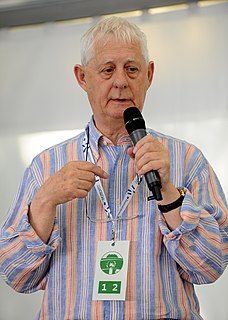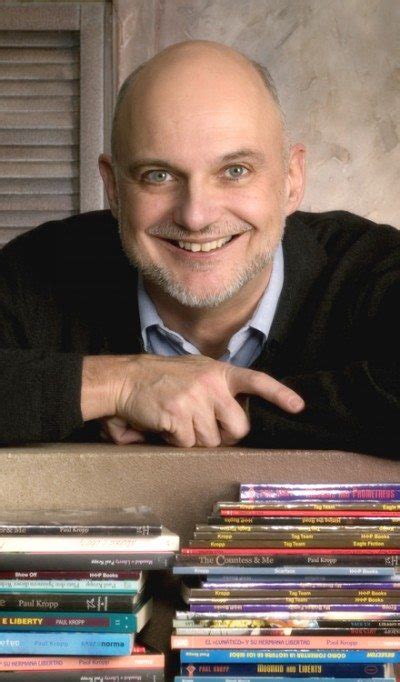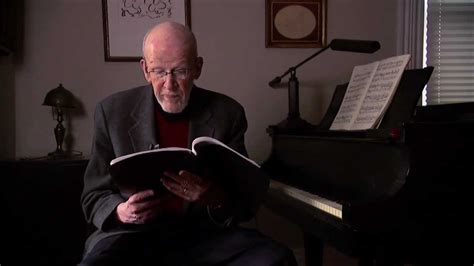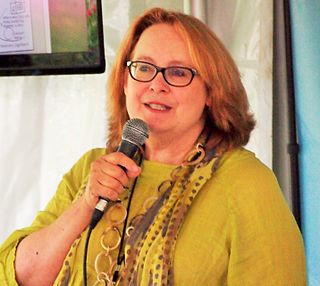A Quote by Aidan Chambers
You become a reader by reading the literature, not by reading the handbooks about it.
Quote Topics
Related Quotes
Reading with an eye towards metaphor allows us to become the person we’re reading about, while reading about them. That’s why there is symbols in books and why your English teacher deserves your attention. Ultimately, it doesn’t matter if the author intended the symbol to be there because the job of reading is not to understand the author’s intent. The job of reading is to use stories as a way into seeing other people as a we ourselves.
The main reason I decided to study Latin American literature was because I'd gotten somewhat bored by the American fiction I was reading. I am not drawn to a specific style or aesthetic. When I think about literature, I think about it in the three languages I read easily - English, Spanish, and Portuguese. The authors I prefer are all very different and are not limited to certain genres or even certain time periods. Reading across three languages is a way for me to diversify my intake as a reader, not to tunnel into certain categories or demographics.
Two kinds of reading can be distinguished. I call them reading like a reader and reading like a writer ... when you read like a reader, you identify with the characters in the story. The story is what you learn about. When you read like a writer, you identify with the author and learn about writing.
Reading is everything. Reading makes me feel like I've accomplished something, learned something, become a better person. Reading makes me smarter. Reading gives me something to talk about later on. Reading is the unbelievably healthy way my attention deficit disorder medicates itself. Reading is escape, and the opposite of escape; it's a way to make contact with reality after a day of making things up, and it's a way of making contact with someone else's imagination after a day that's all too real. Reading is grist. Reading is bliss.
As a children's author, you get to advocate for reading and writing in general, in a way an adult author might not be able to. It's a really interesting dance we do to get literature into the hands of young people and to help them to become literate and become readers; we want them to grow up reading and continue to do so when they're adults.
I was always a slow reader, from the very beginning. I remember in first grade our teacher divided us into groups, and I was definitely in the slow group. She didn't call it that, but everybody in the class knew. But I still loved reading. Being a slow reader affected my grades in school, but it didn't affect my love for reading. I still loved going to the library, and I still loved reading books.


































